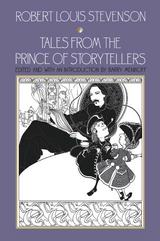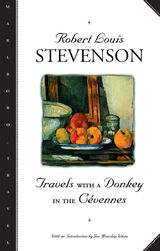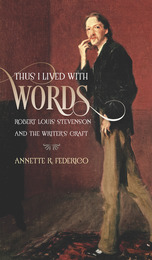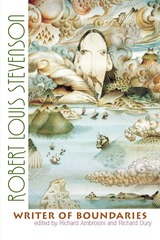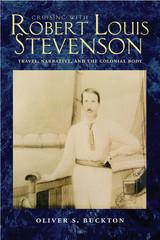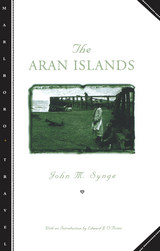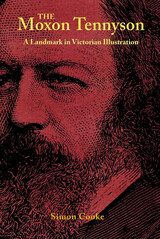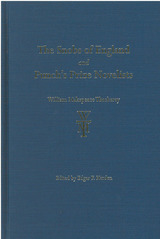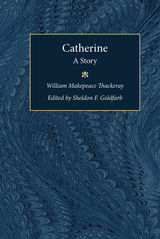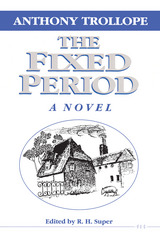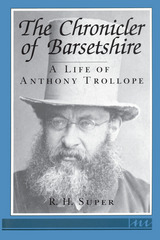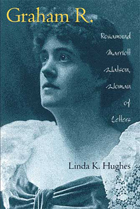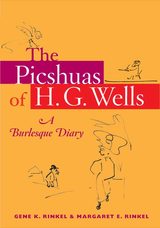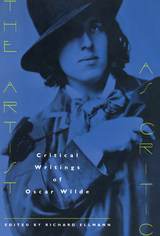Cloth: 978-0-8214-0853-7
Library of Congress Classification PR5592.D68H84 1987
Dewey Decimal Classification 821.8
The hazy settings and amorphous auditors of Tennyson’s dramatic monologues are often contrasted—at Tennyson’s expense—with Browning’s more vivid, concrete realizations. Hughes argues that Tennyson’s achievements in the genre are, in fact, considerable, that his influence can be traced in such major figures as T. S. Eliot, and that the monologue occupies a far more central position in Tennyson’s poetic achievement than has hitherto been acknowledged.
Hughes’ study challenges the traditional view of Tennyson’s inferior achievement, and her account of the elements and operation of the dramatic monologue, especially as demonstrated by three of its most important practitioners, will be of interest to all those concerned with the monologue as a poetic mode.
See other books on: 1809-1892 | Dramatic works | Hughes, Linda K. | Monologue | Tennyson, Alfred Tennyson, Baron
See other titles from Ohio University Press


